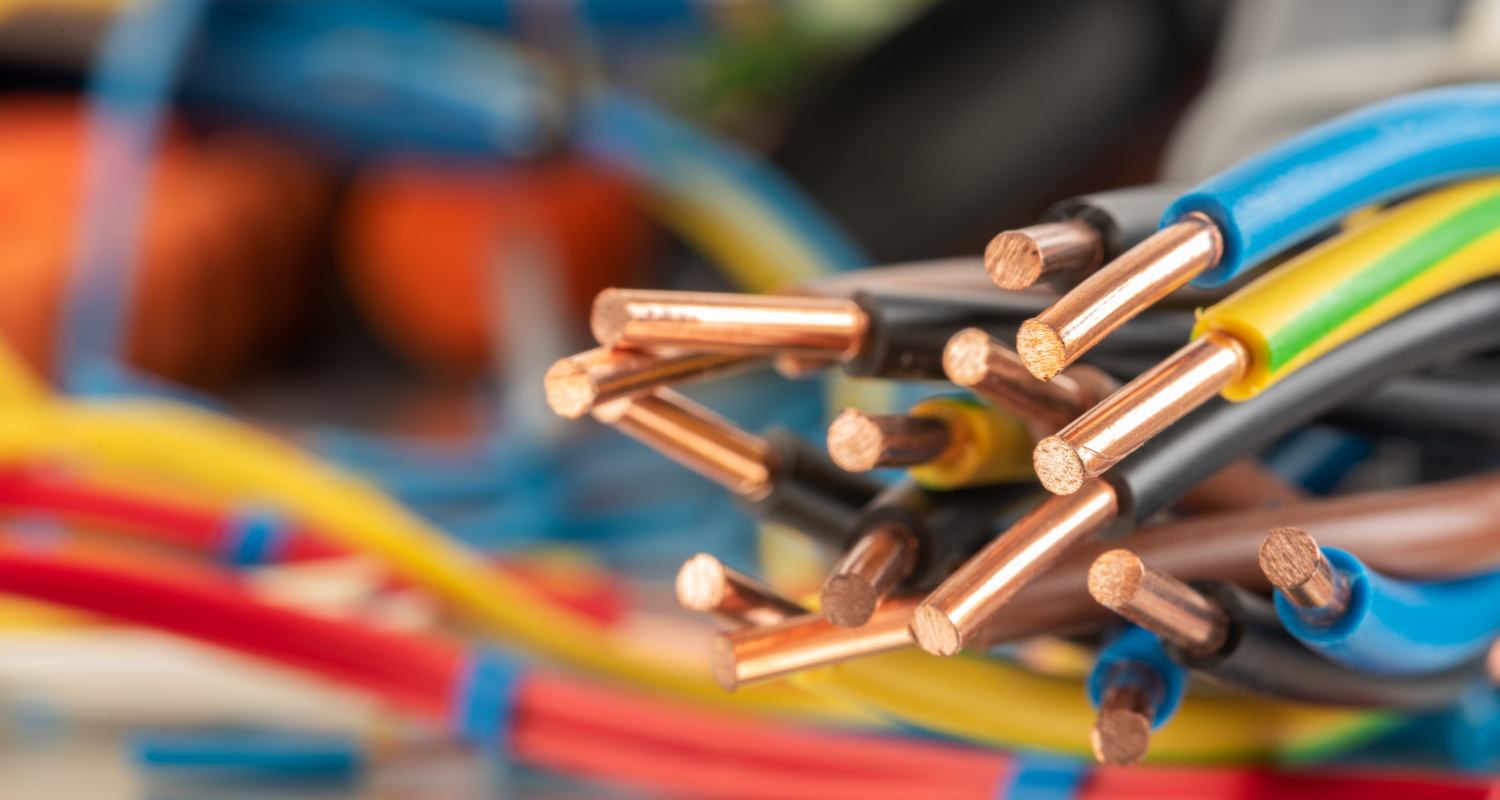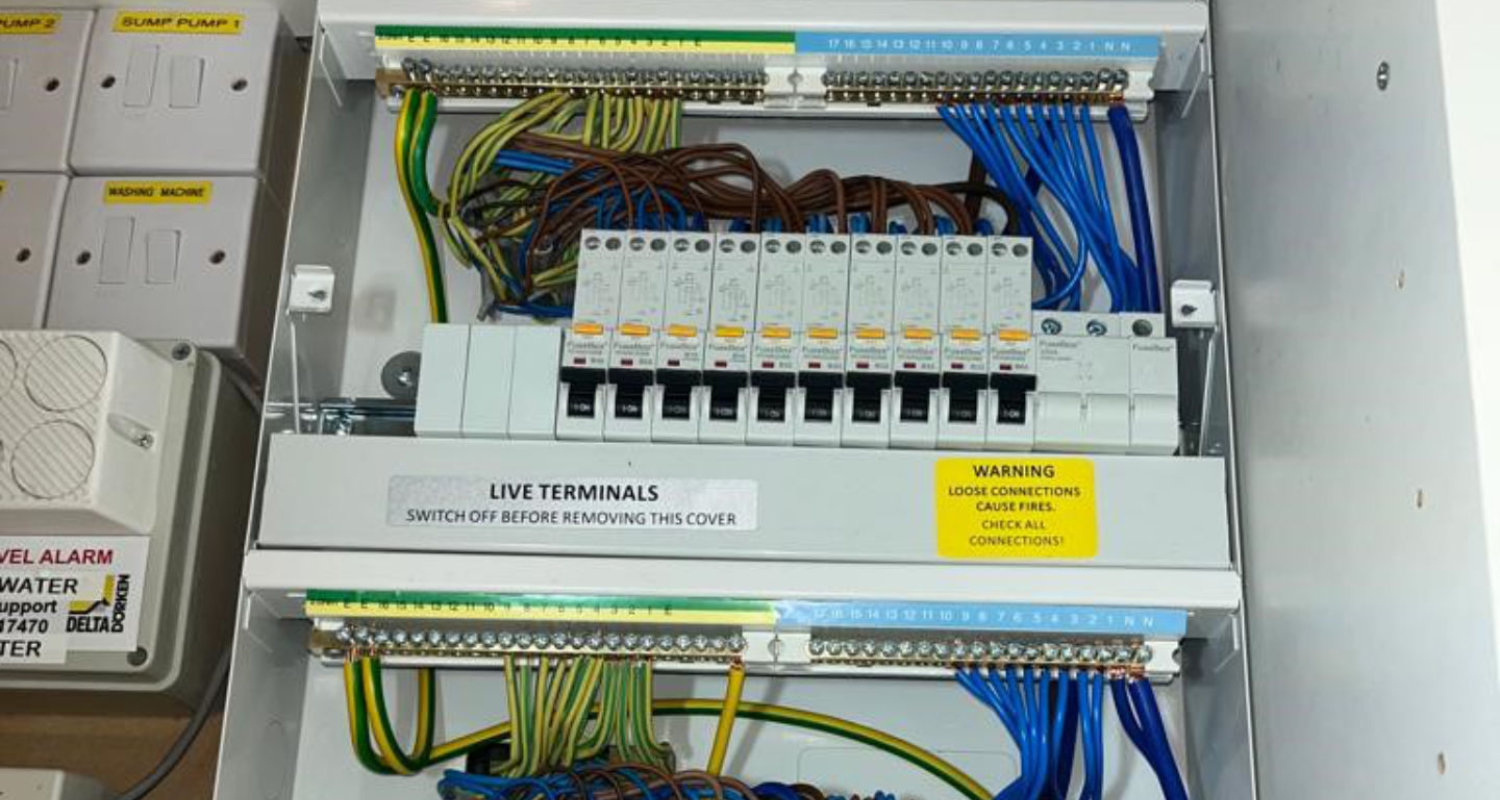There have been some great advances in electric vehicle technology over the last few years and we no longer have only hybrid options out there. It wasn’t too long ago that it was extremely difficult to track down a fully electric and reliable vehicle, but times have moved on. Now there are some very serious contenders in the market for fully electric cars. We examine what is out there, what is needed to go electric in 2021, and how Electric4U can help.
What are some of the key models and their benefits?
Number one in the market at present are Tesla with their Model 3. A snip, starting at £42,500. Let’s call it the high-end Ford of electric cars with a couple of great selling points. Firstly, it’s range of between 250 and 350 miles. And secondly, the fast and reliable Tesla supercharging network. Making it easy to hook up to a charge point while on the go. Note however that, just like early Ford, it is only available in one colour – white – as standard. It was Henry Ford who said “You can have any colour as long as it’s black”. White is the new black for Tesla, and any other colour comes with a £2000 premium.
For the more discerning driver (and as we write this, the favourite of your blogger) the Porsche Taycan has been released recently, and comes in three different levels. The 4S, Turbo, and Turbo S. All are 4-wheel drive, with the the 4S starting at £83,580. The Turbo starts from £115,860 and the Turbo S nearer to £138,830. The latter was recently reviewed on Top Gear to rave reviews, and has an amazing acceleration of 0-6 m.p.h. in 2.6 seconds! It really rocks as a full on electric sports car, and can also supercharge at a rate of 120kW per hour.
If you fancy something smaller there is the Mini Electric. It is yours for £25,100 after grants, or £299 monthly rental with a £4500 down payment. It has a 145 mile driving range and is perfect for the small car about town.
While we have tried to give a broad range of examples above this is definitely not fully exhaustive. As a potential buyer you should also check out models such as the Peugeot e208 at £28,255, which has a range of up to 280 miles and is available in petrol, dielsel, and electric. The electric being the fastest of the three. There is also the Kia Soul EV at £33,795, with a driving range of 180 miles accomodating 5 people and luggage with ease. And the Hyundai Kona Electric SUV at £30,150 with a 278 mile range.
So you have decided what car, now how do you get a charger installed?
First of all look out for an OLEV (or now OZEV) registered installer. OLEV was the Office for Low Emission Vehicles – a government department under the DVLA that administers grants for the use of electric and hybrid vehicles. The name has now changed to OZEV – Office for Zero Emissions Vehicles. Qualified electricians who have taken the City and Guilds Electric Vehicle Charging Course may apply to OZEV to be an approved installer. The Electric Vehicle Homecharge System (EVHS) offers grants for households of up to 75% of the installation (up to £350 for domestic installation) if you meet the following criteria:
- have off street parking
- have bought a car which is eligble for the grant – this can be checked HERE
- are installing an OLEV approved home charging point – this can be checked HERE
- have evidence that the vehicle is on order
- have an approved wall connector installed by an OLEV approved installer – this can be checked HERE
How do I claim a grant if I have business premises where I wish to install?
There is a separate scheme for workplaces known as the Workplace Charging Scheme which provides grants at £350 per socket, up to a maximum of 40 sockets. There is a voucher scheme for employers where they apply for free vouchers for grants – CLICK HERE for more information. If eligible, they are given a voucher number relating to the number of sockets they wish to install. The vouchers are valid for 6 months. Installers then carry out the work and the customer pays the full cost of the installation. Following this, the installer claims the money back and re-imburses the business customer at a later date.
How much does it cost to get an EV charger installed?
Typically a 3kW unit will cost between £250 and £500. While a 7kW charge point will cost between £450 and £800. Though these costs are only guidelines and subject to change. Then you have the installation costs on top which, depending on the home charging site, can be from £400+VAT upwards. These costs can be offset against the OLEV grant for 75% of the cost, up to £350.


How long does it take to get an EV charger installed?
The engineer will need to do a site survey in order to provide you with a quote. Then depending on the site, and the complexity of the installation, it can take between 4 and 6 hours to install the chargepoint.
Once the EV wall connector is installed what is needed to claim your grant?
The electrician will need to load test your property to determine what the draw will be on the network from the car, and the supply to your property may need to be upgraded. Once the wall connector is installed they will require a copy of your vehicle details and registration number, a copy of your electricity bill, and a photograph of the installed wall connector, off-street parking, and property, and require you to sign the papers to obtain the grant.
How long does it take to charge your car?
If you are on the go and happen to come across a supercharger like that of the Porsche 120kW, or the Tesla Supercharger, you can recharge your car in approximately 40 minutes. At home it takes longer as most dedicated wall charger are between 7kW and 22kW. The more charged a car becomes the longer it takes for the last 20% of top up. A standard EV battery required 30kW per 100 miles so taking the example of a Tesla with a 250 miles range, it takes approximately 3 hours to charge it from 40% to 100% on a 22kW charger and 8 hours to do the same on a 7kW charger.
How much does it cost to charge your car?
The average cost to fully charge your car overnight from 40% to 100% is around £8 (for 200 miles of range).
Should I plug the car in every night? Can I charge it for longer than needed?
Modern car batteries are not impacted by being plugged in for longer than they need. So there is no need to worry about this if you have bought a car from 2020 onwards. This is because intelligent charging systems ensure that the battery is not damaged in any way.
Are you concerned about overload on your home electricity supply?
If so please enquire with us about smart home chargers which can be used to load balance and ensure that you don’t exceed the maximum load on your electricity supply.
What should you do if you want a dedicated home charger installed?
Please call us on 0208 004 4581, or email us at electrics@electric4u.org, and we will be happy to help.




